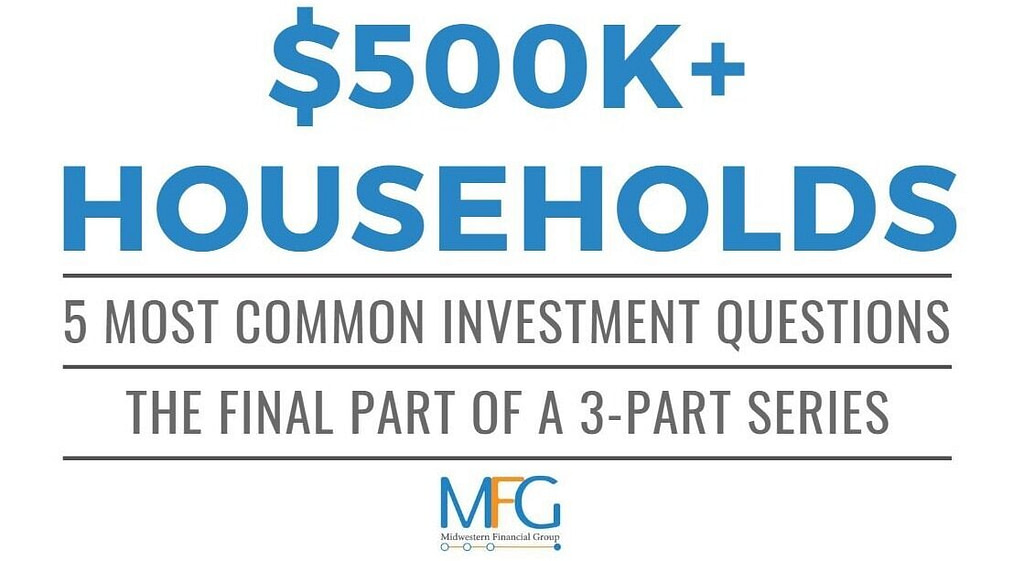
By the early hours of last Friday, it had become eerily clear the citizens of the United Kingdom had voted in favor for a non-binding referendum to leave the European Union. Capital markets reacted negatively to the news sending major stock indices well into the negative and a rush of capital into “safe haven” assets.
FROM GLOBALIZATION TO NATIONALISM
After World War II, in an effort to unify the world, global powers elected for capitalism and free trade to promote peace. In 1945, twenty-three countries signed the General Agreement on Tariffs and Trade (GATT), lowering tariffs and making international trade more competitive. Global growth resulted from the open trade borders. Using data from the World Bank, between 1960 and 2014, world merchandise exports grew from $852 billion per year to over $130 trillion. (This excludes countries who joined the World Bank between 1960 and 2014).
From a microeconomics perspective, not all consequences from free-trade were positive. As countries specialized, trade resulted in movement of jobs and industries to other parts of the world. Jobs in developed nations, such as the United States and United Kingdom, have been lost to countries that can provide cheaper labor across the globe. Furthermore, continued slow growth following the 2008 financial crisis and anemic wage growth has brought the concerns of some to the forefront.
Now, after 70 years of globalization, nationalism is making a comeback. Those most affected by the labor changes as a result from globalization are growing more frustrated. The same movement that drove Great Britain voters to the polls in support of leaving the European Union has vaulted Donald Trump to the Republican presumptive nominee.
For asset prices which includes stocks and bonds among others, the question is: does Great Britain’s departure from the EU begin a cascade of current members to do the same? The collective European Union was the second-largest economy in 2014 behind the U.S. A departure from a single currency to a fractured economic alliance will not only lead to uncertainty, but slower growth as trade partnerships are reevaluated and weak countries (Greece, Portugal, etc.) fend for themselves.
ECONOMIC & PORTFOLIO IMPLICATIONS
In the near-term, we are likely to see continued volatility and downward pressure on the markets. The degree of uncertainty may cause consumers to slow their spending and businesses may become more reluctant to deploy capital. Additionally, the US dollar has strengthened and may continue to do so as emotions drive near-term markets. As a result, US exports may decelerate. If populism and nationalism policies expand and take hold around the globe, there is little doubt economic growth among international economies will slow over the medium and long-term.
With that said, we adhere to a strict investment framework which includes investing globally. The benefits of global diversification, coupled with the inability to predict future events, reinforces our need to maintain portfolio allocations to include global stocks and bonds. If there is anything certain about the capital markets, it is that there is always uncertainty. A globally-diversified portfolio benefits from exposures to different “attributes.” No two economies move in tandem and neither do their currencies. As such, we do not advocate changes to your investment allocations. If anything, the continued selloff offers you an opportunity to rebalance your portfolios to acquire assets at a more attractive price. Additionally, those with taxable accounts are provided the opportunity to harvest losses in order to generate “tax alpha.”
As a reminder, bonds (even at low rates), provide support for portfolios at times of market volatility. We were reminded of this again this past Friday as the US aggregate bond index rose 0.52 percent while the S&P 500 declined 3.64 percent.
Successful investing requires patience, a long-term perspective and rigorous discipline. As such, it is critically important we manage our cognitive biases and take emotions out of investing – to not act on fear, but analysis and research. Over the course of history, there have been political upheavals, war and periods of economic contraction. As stewards of our clients’ capital it is critical we maintain our long-term perspective through short-term uncertainty and fear. By maintaining a balanced portfolio for our clients by rebalancing during times of turmoil, we can avoid a short-term mindset and focus on reaching long-term goals.



